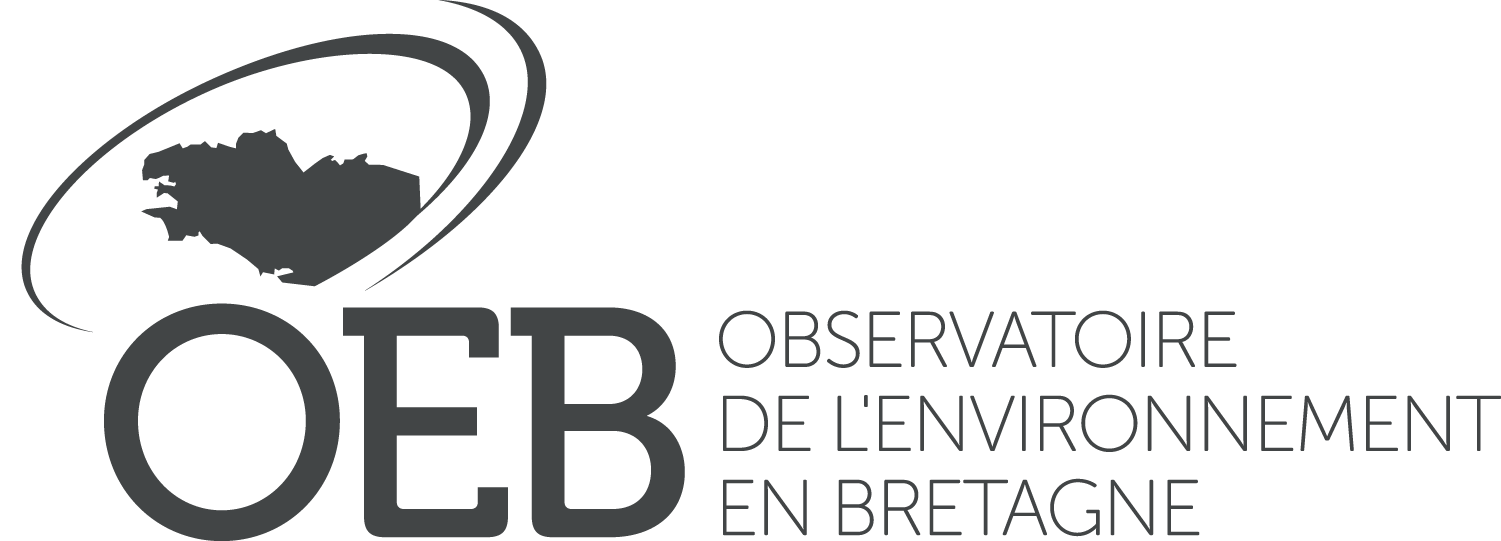Among the causes of decreased water quality in Brittany, the finger is often pointed at effluent from animal farmsbecause the quantities of nutrients rejected in their effluent often exceed the run-offs produced by arable farms for a given geographical area. In the study presented here, differing pollution of agricultural origin is analysed mainly with regard to nitrogen, on a 6 sq. km. watershed in structural excess in Northern Finistère. The primary aim is to establish an environmental diagnosis in order to provide farmers with an indication of possible changes to production techniques which would limit the transfer of pollutants into water on a long-term basis. The second objective, which is more concerned with methodology, is to create tools for the assessment of the effects of the proposed modifications on water quality by assessing the time taken by farmers to implement the modifications, the after-effects of earlier practices on the soil and the hydrological response time in the watershed. The method used involves the model-building of nitrogen and phosphorus flows based on a global assessment of the farms. The analysis begins upstream of the production of effluent and continues, after spreading of effluent, by an assessment of the transfers of nitrogen between farmland and surface water. This final stage necessitates the use of data acquired at different spatial scales (pedological data, land use, climatic data, addition of fertilisersetc.). The vital cross-comparisons were carried out using a computer-based geographical data system. For the purposes of this presentation, we have limited our results to pig farms. / Parmi les causes de dégradation de la qualité de la l'eau en Bretagne, les rejets d'effluents d'élevage par l'activité agricole sont mis en cause. Pour optimiser la gestion de ces effluents,des méthodologies d'analyse et de diagnostic des pratiques agricoles ont été élaboréeset appliquées sur un bassin versant d'élevage intensif (bovins et porcins) de 6 km2 en excédent structurel dans le Nord Finistère. Les objectifs sontde quantifier les flux de nutriments (N,P) ,de proposer et d'évaluer rapidement lesmodifications de pratiques à mettre en oeuvrepour réduire ces flux principalement dans l'eau.
La diversité des pratiques agricoles : évaluation de leur impact sur les flux de nutriments (N,P) à l'échelle d'un bassin versant
Mise à jour :
20 janvier 1997
agriculture
bassin versant
nitrate
azote
pollution de l'eau
Type de document
Actes
Auteurs personnes
Bordenave. P.
Orain. B.
Éditeur
s. n.
Date de parution
20 janvier 1997
Langue
Français
